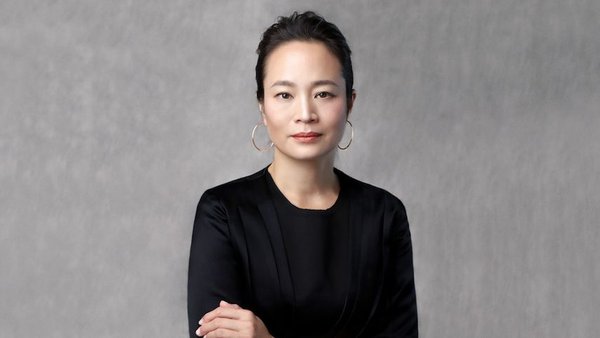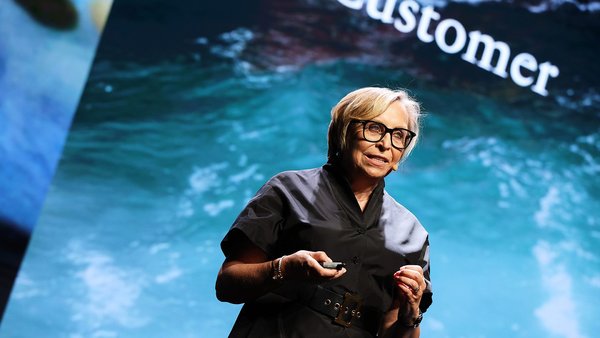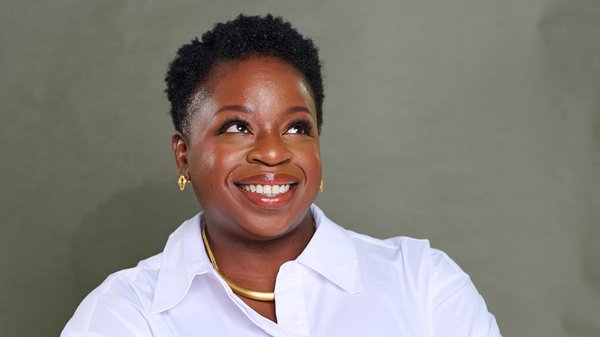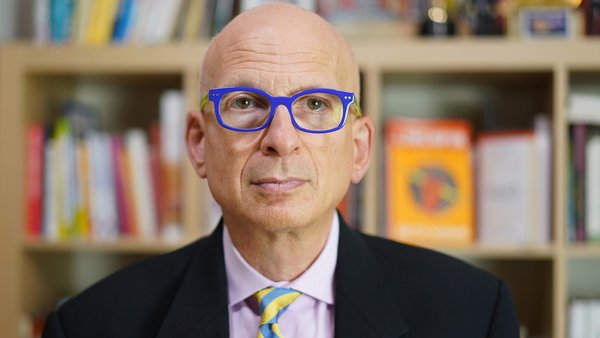‘Of the 60 or 70 drinks you have each week, we want just one.’ /
Coca-Cola's global CMO, Manolo Arroyo, reveals why the beverage behemoth is undertaking the ‘most radical marketing transformation’ in its history and the role that artificial intelligence will play in its future
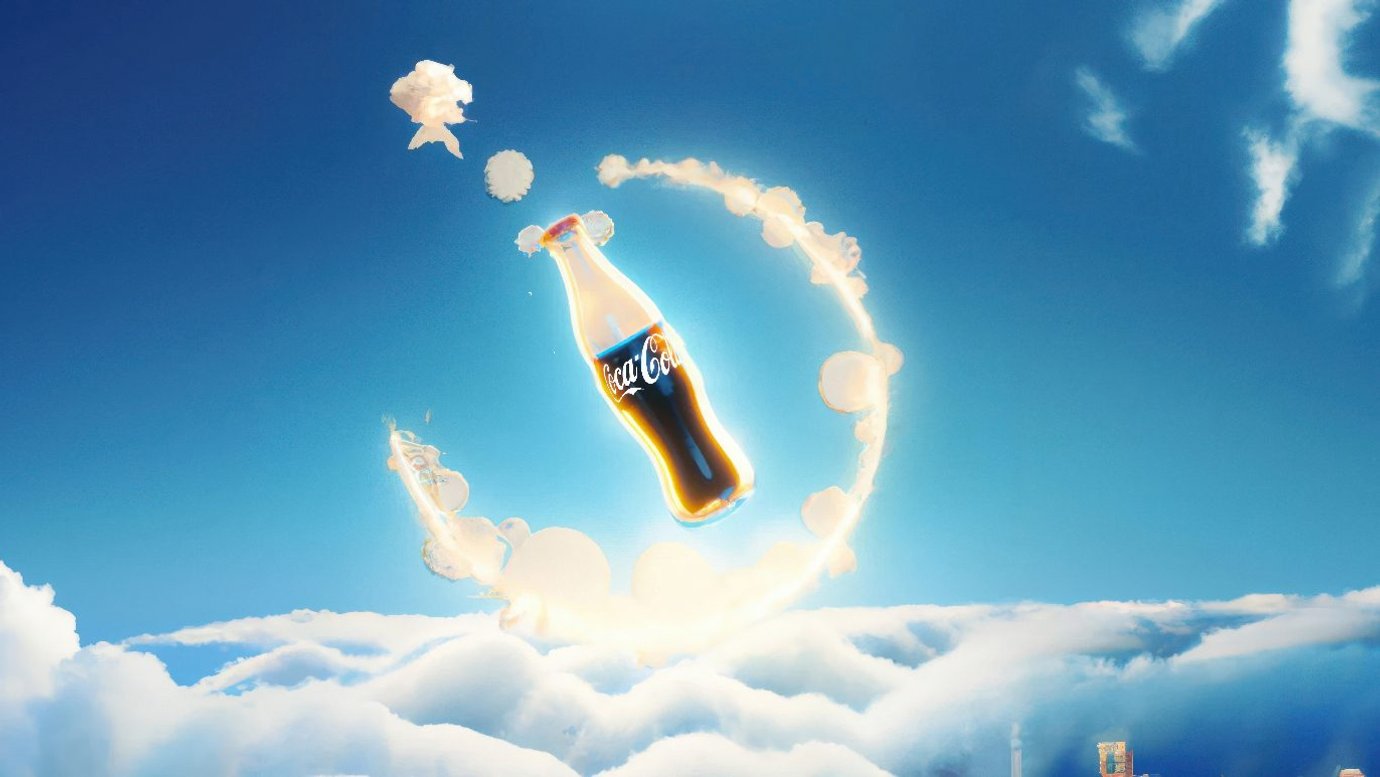
Across the world, every day, people are chugging back 2.2 billion servings of drinks from The Coca-Cola Company’s portfolio of more than 200 brands. And though the company reported a 5% net revenue growth for the first quarter of 2023, its future success depends on converting younger generations, particularly when it comes to its soft drinks. To that end, the company is undergoing an overhaul of its marketing that will see it embracing an ecosystem of experiences over traditional broadcast ads and experimenting with emerging technologies.
In February, The Coca-Cola Company announced it was working with OpenAI (the developers of DALL-E2 and ChatGPT) and consultancy Bain & Company to embed AI into its business operations and capabilities and rely on it to enhance its marketing. One month after the announcement, the company launched a global campaign for Coca-Cola called Create Real Magic that put OpenAI’s tech to use. It invited people to generate original artwork using Coke assets (like its distinctive bottle and the Polar Bear character), with the best creations ending up on digital billboards in New York’s Times Square and London’s Piccadilly Circus. Coke ending up receiving 120,000 submissions of AI images.
Manolo Arroyo, The Coca-Cola Company’s global chief marketing officer, admits that the company is only just scratching the surface when it comes to the potential impact of AI but has said that he believes it will ‘will help create the industry’s most effective and efficient end-to-end marketing model.’
Arroyo talks to Contagious about how the company is leveraging AI in its marketing and beyond and the major shift that is taking place across the company’s portfolio of brands.
What context can you provide about The Coca-Cola Company’s ongoing marketing transformation?
This is going to be arguably the most radical marketing transformation in our history. We are leaving no stone unturned. It started with metrics, it goes to innovation, and marketing effectiveness and efficiency. We are going to engage very differently with consumers.
Part of the context for that is that we found that – not everywhere, but in some important places – some of our brands were ageing. We were trying to be for everyone. And when you try to be for everyone, you are not for anyone. Particularly in our core soft drinks business, starting with brand Coca-Cola, we’re attempting to reconnect with the youth, with Gen Z, starting in our flagship market in the US.
Manolo Arroyo, The Coca-Cola Company
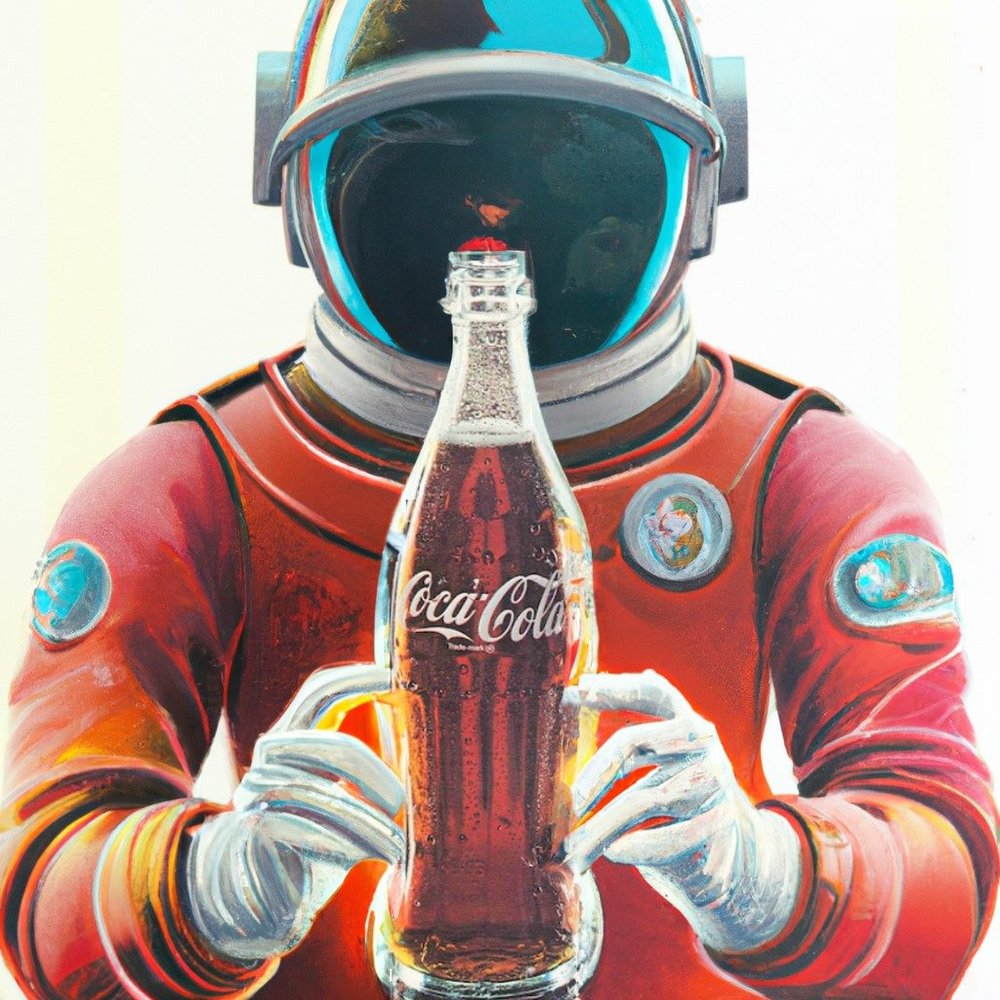
There's a very big shift [when it comes to our media mix]. Most people will remember the iconic, big TV ads that we used to do in the past. But Gen Z is not watching [TV] anymore. That sounds pretty obvious for a lot of people, but we were still investing heavily in that. Last year was the first year in which we got to a balance of digital being very close to 50% worldwide. In quite a few large markets, including the US, it exceeded way above 60% in digital. The whole transformation is a radical shift across our portfolio, for more than 200 brands present in every beverage category that you can think of, in every region on the planet. It's about better and stronger innovation; this applies to product innovation, packaging innovation (including sustainability components) and effectiveness.
The other big change is not really a move from TV to digital, it's more a move from TV predominantly to an experience-based ecosystem that is designed to accelerate the conversion of non-drinkers (people that don't drink our portfolio of brands) into becoming regular drinkers. We have a pretty low standard of what ‘regular’ means. Don’t think of it as every day, just once a week. Of the 60 or 70 times that you drink something, we only want just one. So that's the big picture behind all of this.
Manolo Arroyo, The Coca-Cola Company
How does the Coke brand fit into this?
If we narrow it down to brand Coca-Cola, the team with Selman [Careaga], the global category president and Pratik [Thakar] as the head of global creative strategy, did a phenomenal job of coming up with this amazing platform that we call Real Magic. It is not an old-fashioned tagline, it's more a mental space that we want to occupy from a meaning standpoint for the brand, to really take the brand to the next level. It’s rooted in the idea that what makes our lives special is that there are unexpected moments of connection that elevate the everyday into something extraordinary. Coca-Cola has a clear role to play in those moments of connection.
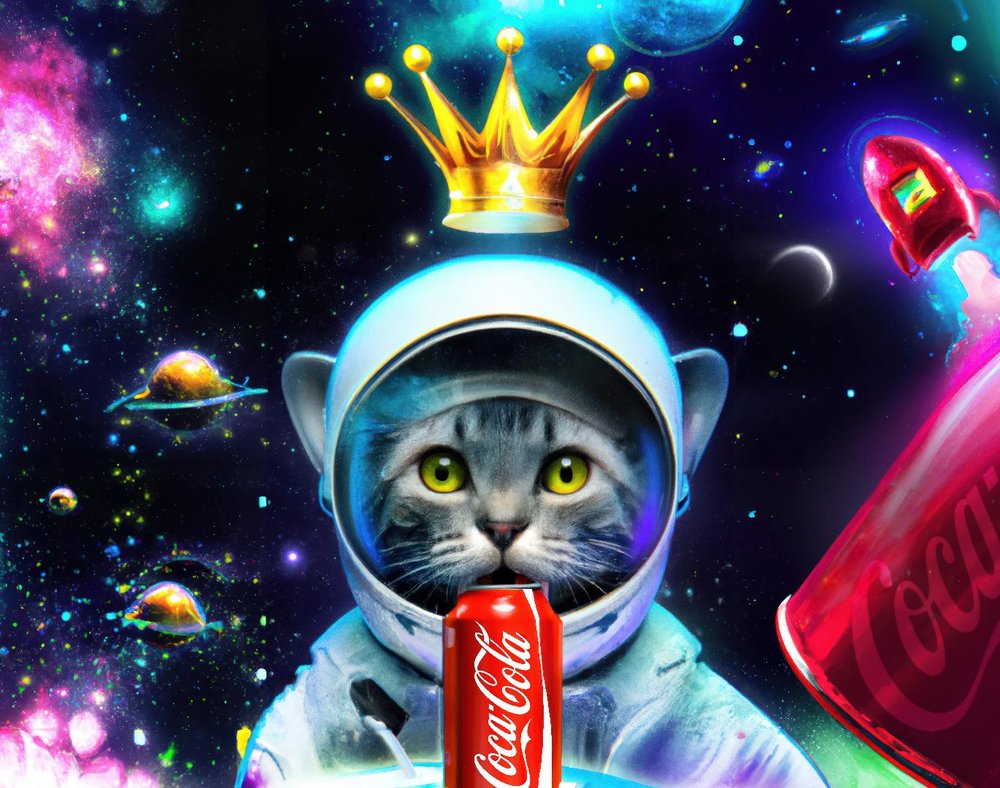
We were pretty much the first commercial brand in the world that made it to outdoor, radio, TV. But when it comes to digital, arguably we were a bit late to get into that. The proof is that until 2019 70% of our mix was on traditional TV. Part of this transformation led by our CEO goes beyond marketing, it’s a complete transformation of the whole company. It’s the willingness to take risks and experiment and try new things without the fear of potential negative consequences.
Why has Coca-Cola embraced artificial intelligence specifically?
There’s a lot of a conversation going on around the impact of AI in our world. Everyone is like, 'Oh my God, the world is going to change tomorrow, it’s going be Armageddon.’ And some others are saying, 'It's going to be amazing.’ We don't really see that the change is [going to happen] tomorrow or over the next few months or next year. It's probably not going to be as big as the hype. But we have no doubt that, at the same time, the changes that this technology will generate, not only in business but in the world, in the medium and long term will be very profound. That's anchored on the very simple idea that when anyone uses [generative AI], they are like, 'wow'. If I was interested in a topic, I used to have to read through 20 different [web] pages and then select the five or six articles that were interesting. Now, in just seconds, [ChaptGPT] summarises everything for you and you can interact in a smart way with a machine. It's not that intelligent, it’s just intelligent in the sense that it connects the dots of extremely large quantities of text, language and data. What it really does is amplify the effectiveness and efficiency of any of us as individuals. That’s why we think it’s something very interesting to explore, not only in marketing, but in many other fields of business.
Manolo Arroyo, The Coca-Cola Company
What are the business applications for AI, according to Coca-Cola?
A couple of weeks after Create Real Magic, we launched our Coca-Cola ChatGPT enterprise capability across the whole company. Right now, many of the employees of the Coca-Cola company, across all functions, all different levels, are playing with it, getting familiar with it, in 200 countries around the world. There is a clear implication for knowledge management. You can find out the policies of the company with regards to whatever topic you want to know, either internal topics, ie travel expenses, or external topics. You will get a very quick answer. For example, we are working on leveraging all the collective knowledge from around the world on the best pack sizes – whether it’s a can, a glass bottle, 200ml, 500ml, 375ml. It's mind-blowing because before you would go to our website for what we call commercial leadership and our members would need to read hours and hours of material versus [getting an immediate answer that says] ‘these are the three examples that have the highest impact.’
We also see immediate applications on services and support for our employee experience. We see immediate applications in our customer service systems. We see immediate applications in how we deploy and organise ourselves around what we know that works when it comes to point of sale material that we have in 30 million outlets around the world.
To what extent do you trust the information that you’re getting?
We do know that sometimes it makes mistakes. So that's a caveat. Let me give you an example. In the Coca-Cola Company we separate between immediate consumption packs and future consumption packs. If a two-litre PET [polyethylene terephthalate bottle] comes up as one of the best single-serve initiatives in the last decade, it's obviously wrong because we define single serve below a half litre. Right now, it’s only an amplifier of your ability to process and integrate large amounts of data.
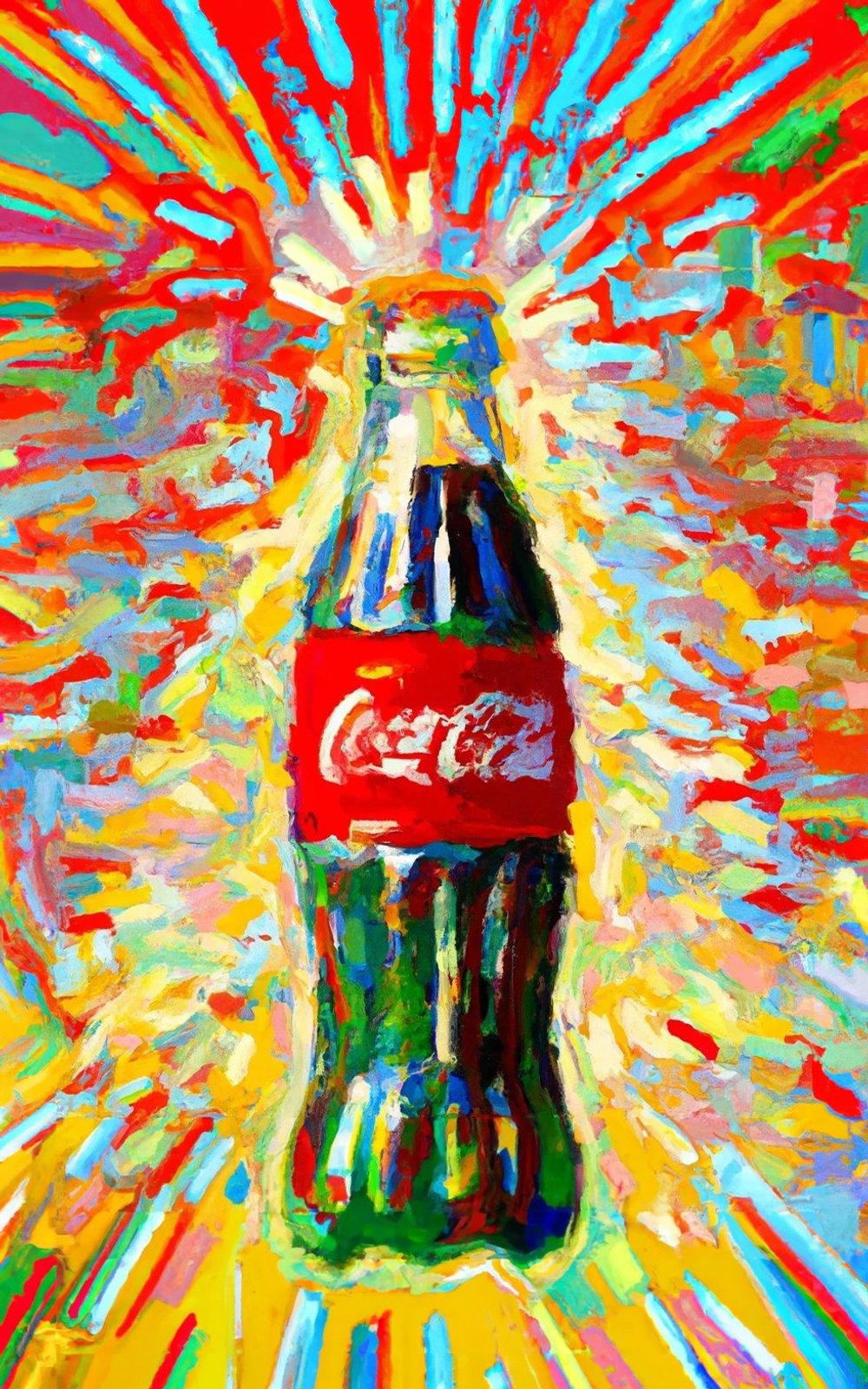
How did you get to the point where you’re embracing AI technology at a company-wide level?
It’s all about leadership. It doesn't mean that we jumped into it without due consideration. You can imagine, before launching Create Real Magic, the amount of conversations that my friend Pratik had to have with IT and legal, getting external legal advice. With all of these new fields of knowledge, what you don't know is exponentially bigger than what you do know. How do you manage in that case of uncertainty? Are you developing a framework that allows you to feel comfortable enough to experiment? We have not shared this publicly but why do you think we only did [Create Real Magic] for 11 days? It's because we were trying to manage the risk. What if it suddenly goes to 20 million people at the same time? We just didn't know if we could even manage that. So you try to put some boundaries to help you get familiar, experiment, learn. There’ll be failures. We went through some pain points throughout this whole process.
It’s a mindset that comes from the leadership, from James [Quincey, CEO] himself. Everyone in the executive leadership team feels exactly the same way. Everyone has the same passion, intellectual curiosity and the humility to say, ‘There are many things that we don't know.’
Manolo Arroyo, The Coca-Cola Company
What do you think the value of AI in relation to marketing will be?
In the past two to three years, we’ve deployed AI tools in areas that impact marketing. For example, a lot of the product innovation initiatives that we have around consumer testing, leveraging knowledge available in social networks and deploying AI tools to understand which potential ideas may have more traction than others. We’ve been using [AI for] supply chains, manufacturing.
I can see AI going in multiple areas of the marketing mix. I can see it deployed in production, in creativity. In a not-so-distant future, think about not just static images and text, but video, voice-over music. I can see AI applications in consumer research, in multiple areas all connected to knowledge management. If you have multiple options to engage with the consumer, how much digital versus how much live experience [should you invest in]? AI will help us to iterate and get better and better.
There are all of these fears about AI taking over human jobs. So far, my limited and humble experience is that AI is really an enhancer of human capability. It's going to help you to work faster, in a way that is much more effective. An AI machine by itself could not create the thousands of images for Create Real Magic, a human had to type ‘do this, do that’.
How important was the co-creation element of Create Real Magic?
To what extent do you give your consumers the ability to shape and define what your brand is, or should be, moving forward? There's one school of thought that says ‘You have got to be very clear what your brand stands for and very few people with a special privilege can touch it because they are the only ones that really know about the brand and know very clearly where you want to go.’ In the past 20 years ago, every major brand would be there including us. The other side of the spectrum is that the brand has transcended the company. When you think about Apple or Coca-Cola or Nike, is it owned by the respective companies and shareholders? Yes, without a doubt, but at the same time, if you do something that your consumer base believes is fundamentally wrong, you’re going to regret it because they're going to tell you loud and clear. So, from that perspective, the brand belongs to the people.
A lot of people were shocked more [by the co-creation of Create Real Magic] than by the AI. There were saying, ‘Manolo, are you crazy?’ This is the ultimate openness to say ‘The brand is not ours, we’ll give it to you, create whatever you want.’ It's true that in the backbone of the engine that we developed with OpenAI, there were clear, forbidden words. You cannot take a religious position, or a sexual orientation, or a political position. At your disposal, you have a few hundred assets of The Coca-Cola Company and you bring your own visual assets and create something beautiful and different and unique. With some of the work that I've seen, there’s no way that [we could get there] with the standard process of giving a brief to an agency. It would be incredibly boring and it would take us three years to do what we were able to do in just 10 days.
Want more of the same? /
We don’t just write about best-in-class campaigns, interviews and trends. Our Members also receive access to briefings, online training, webinars, live events and much more.
